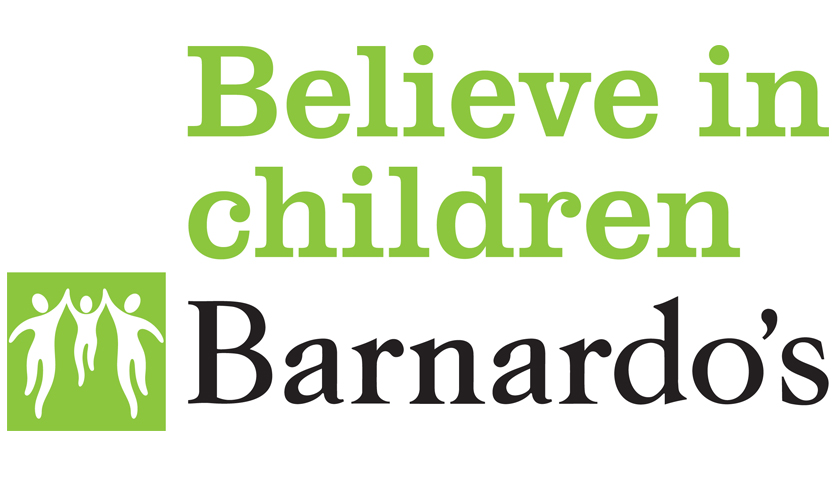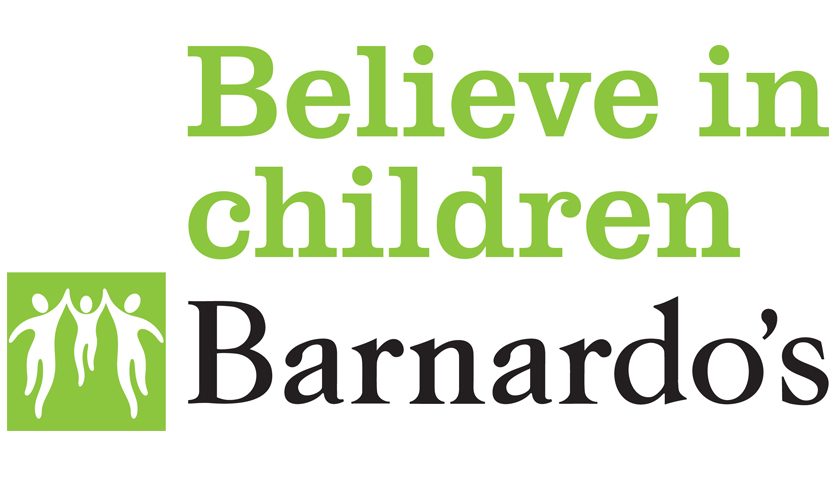Barnardo’s is warning parents of the signs of sexual exploitation as the teacher/pupil abuse storyline between ITV’s Emmerdale characters Maya and Jacob deepens.
In the soap, teacher Maya, (Louisa Clein) is in a relationship with David Metcalfe (Matthew Wolfenden), but she has been seen kissing and grooming 15-year-old Jacob, (Joe-Warren Plant), David’s adopted son.
Jacob is shown as becoming increasingly vulnerable and confused. Anxious to impress her, he sends scheming Maya a topless selfie in the episode on Monday Jan 14.
Young survivors of sexual abuse and Barnardo’s experts have met with Emmerdale actors and producers to advise on the storyline to highlight the vulnerability of boys to sexual exploitation.
The UK’s leading children’s charity is offering parents and carers advice on how to spot the warning signs and what they can do to prevent children from abuse.
Barnardo’s Chief Executive Javed Khan said:
Sexual abusers are manipulative and controlling. They will exploit a child’s vulnerability and coerce them into sexual behaviour. Abusers gain a child’s trust with affection and gifts but can then use blackmail and threats as a method of control.
Our specialist UK-wide services support thousands of children who have been sexually exploited by both men and women. The grooming of boys by adult women is a taboo subject but, like all grooming, it causes lasting harm, and problems with trust, affection, love and sex
Child sexual abuse/exploitation –what parents can do:
Often changes in children’s behaviour and presentation signify that something might not be quite right, however we can dismiss this as natural part of growing up. If children are being groomed they need a supportive response and help from protective adults to become safe again. Things that might trigger the importance of asking yourself and your child if anything might be wrong could include:
•If your child is going missing for periods of time or regularly returning home late.
•If you child talks about older boyfriends or girlfriends
•Mood swings or changes in your child’s emotional wellbeing and anxiety
•Is your child’s behaviour or language more sexualised
•Is your child spending unusual amounts of time alone away from their usual friends or family.
•Is your child becoming unusually secretive, particularly around the use of handheld devices like mobiles.
Steps you can take:
The most important thing you can do is be interested in your child’s life and celebrate the things going well and respond to their worries and anxieties sensitively. Children who know that they are likely to get a supportive and non-judgemental response are much more likely to tell their parents when things aren’t right.
Important things to talk to your child about might include:
•Late nights out, new friends who you haven’t met or heard about before and any unexplained belongings.
•The safety strategies your child has when outside of the house, how can they contact you, who else could help them, how they can be supported and support their friends.
•Their online activity; the apps and games they use and the safety mechanisms on those apps and the safety strategies your child is using. Ask if there is a chat component and who they connect with and the nature of their discussions. Agree together the levels of parental controls and strategies you will use as a family to keep them safe on all devices used both inside and outside the home.
The full Barnardo’s Be Safe guide can be read here
To help Emmerdale tell the abuse storyline authentically, Barnardo’s arranged for their researchers, story team – actors Louisa, Matthew and Joe-Warren – to meet experts and young men who have been supported by a Barnardo’s project called Better Futures Cymru. The workshops were focussed on enabling Emmerdale to understand how the characters would be feeling or behaving.
Better Futures Cymru provides therapeutic services for children and young people from across Wales with sexualised histories, including young people who have been the victims of sexual abuse or child sexual exploitation.

